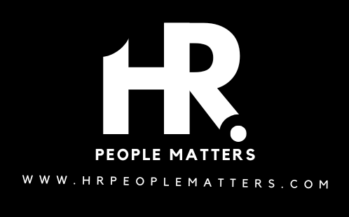The hybrid work model has emerged as a permanent fixture in today’s professional landscape, blending remote and in-office work to create flexible environments. At HR People Matters, we explore how HR can address the unique challenges of hybrid workplaces while fostering collaboration, productivity, and employee satisfaction.
What is a Hybrid Workplace?
A hybrid workplace allows employees to split their time between working remotely and being physically present in the office. While this model offers flexibility, it also requires strategic planning to balance organizational needs with employee preferences.
Challenges of Hybrid Work
- Maintaining Engagement: Ensuring remote employees feel connected and engaged with their teams.
- Communication Barriers: Addressing miscommunication and information gaps in a dispersed workforce.
- Equity Issues: Avoiding favoritism between in-office and remote employees.
- Collaboration Difficulties: Facilitating teamwork across physical and virtual spaces.
- Employee Well-Being: Monitoring mental health and burnout among remote workers.
HR’s Role in Overcoming These Challenges
- Creating Clear Policies: Define expectations, working hours, and communication protocols to ensure consistency.
- Investing in Technology: Use collaboration tools like video conferencing, project management software, and cloud-based platforms.
- Building an Inclusive Culture: Design initiatives that promote equal opportunities and access for all employees, regardless of location.
- Focusing on Employee Well-Being: Offer mental health resources, flexible schedules, and wellness programs to support work-life balance.
- Upskilling Managers: Train leaders to manage hybrid teams effectively, fostering trust and accountability.
Strategies for Success in a Hybrid Model
- Hybrid-Friendly Workspaces: Redesign offices to support flexible working arrangements with hot-desking and collaboration zones.
- Regular Check-Ins: Schedule one-on-one meetings to discuss challenges, progress, and employee well-being.
- Recognition Programs: Celebrate achievements in both virtual and in-person settings to ensure inclusivity.
- Feedback Loops: Gather employee input on the hybrid model’s effectiveness and make iterative improvements.
- Team-Building Activities: Plan virtual and in-person events to strengthen team bonds.
The Future of Hybrid Work
The hybrid model is evolving to become more sophisticated, with organizations experimenting with flexible arrangements like four-day workweeks and asynchronous schedules. HR’s adaptability and forward-thinking approach will be critical in navigating these shifts.
At HR People Matters, we are committed to equipping HR leaders with the knowledge and tools to thrive in hybrid workplaces. Together, we can redefine work dynamics for a future that values flexibility, inclusivity, and collaboration.

